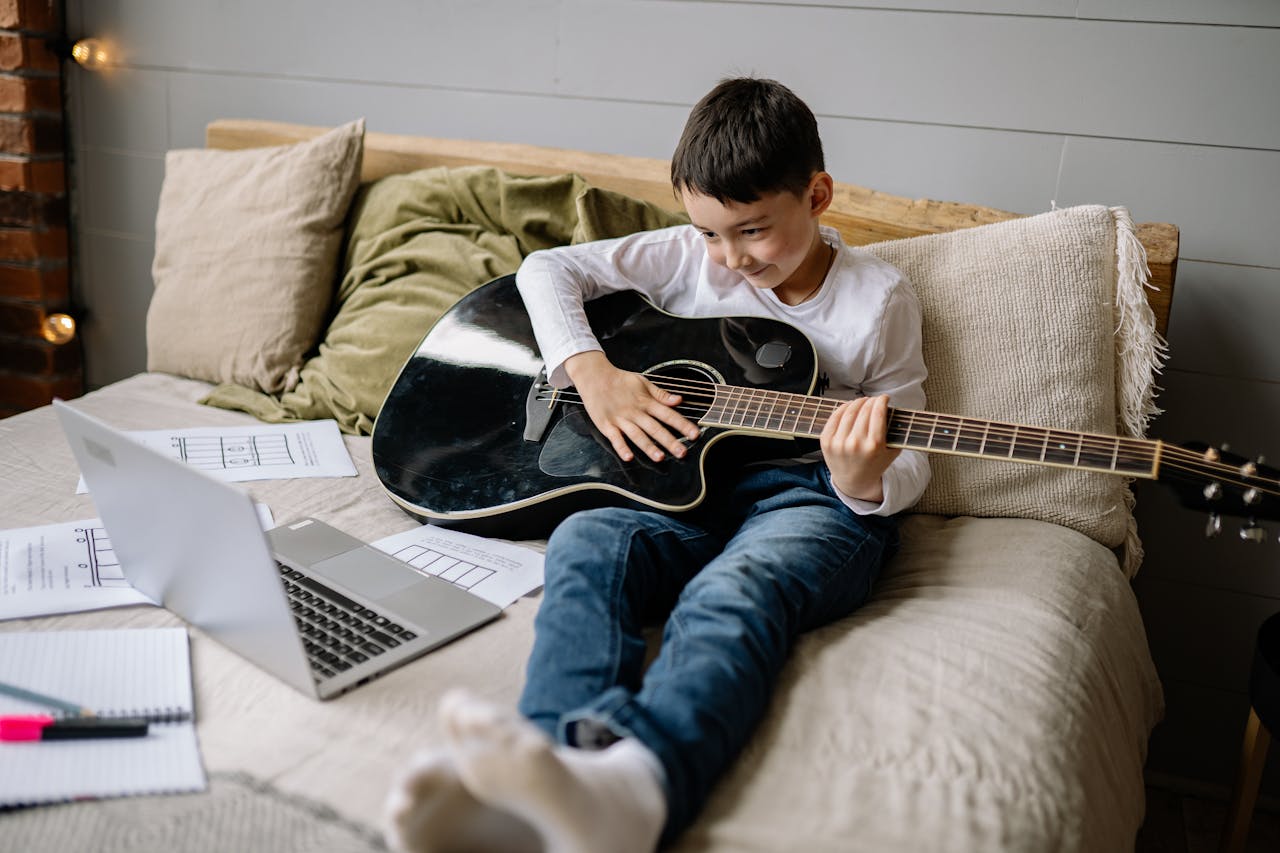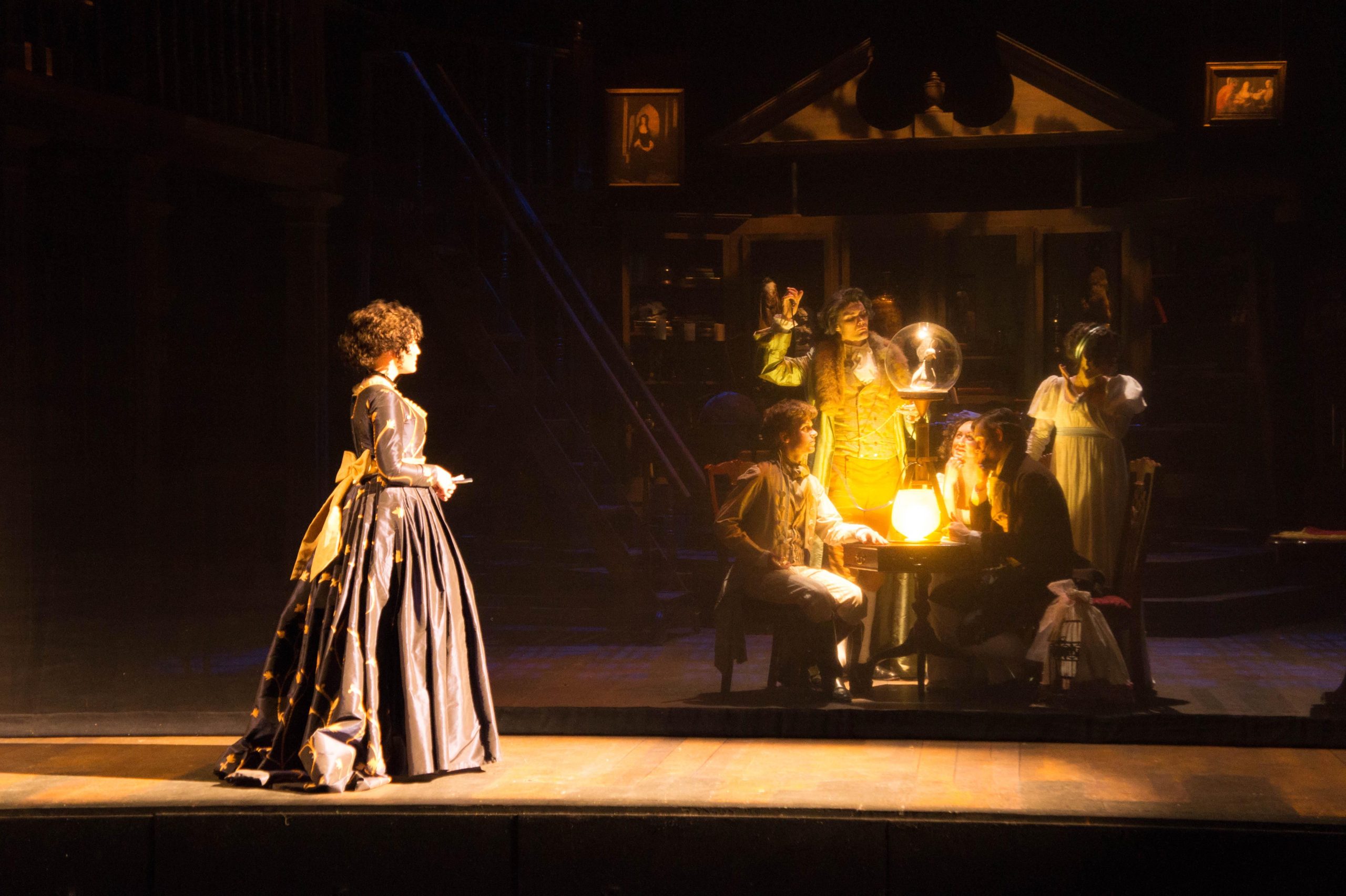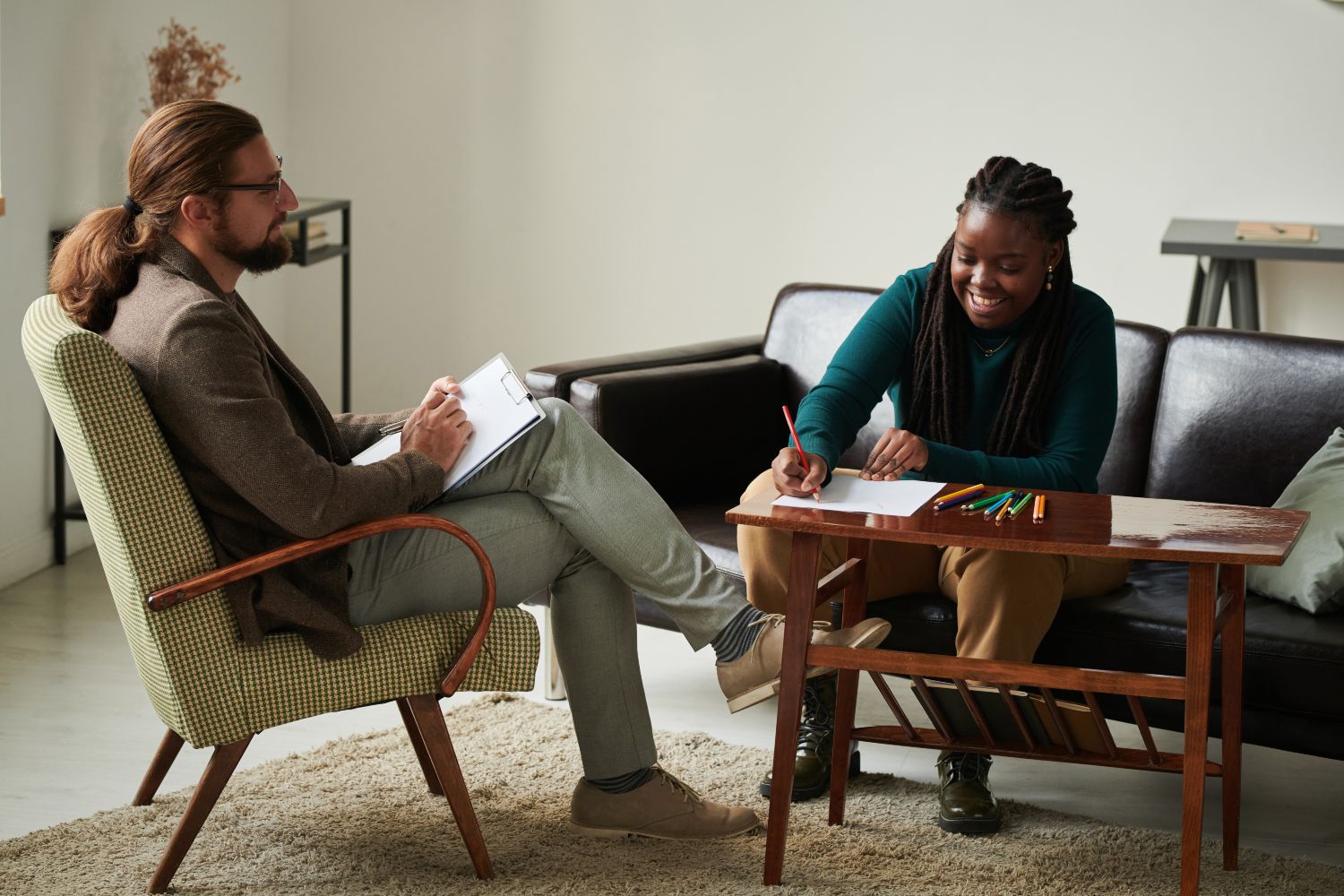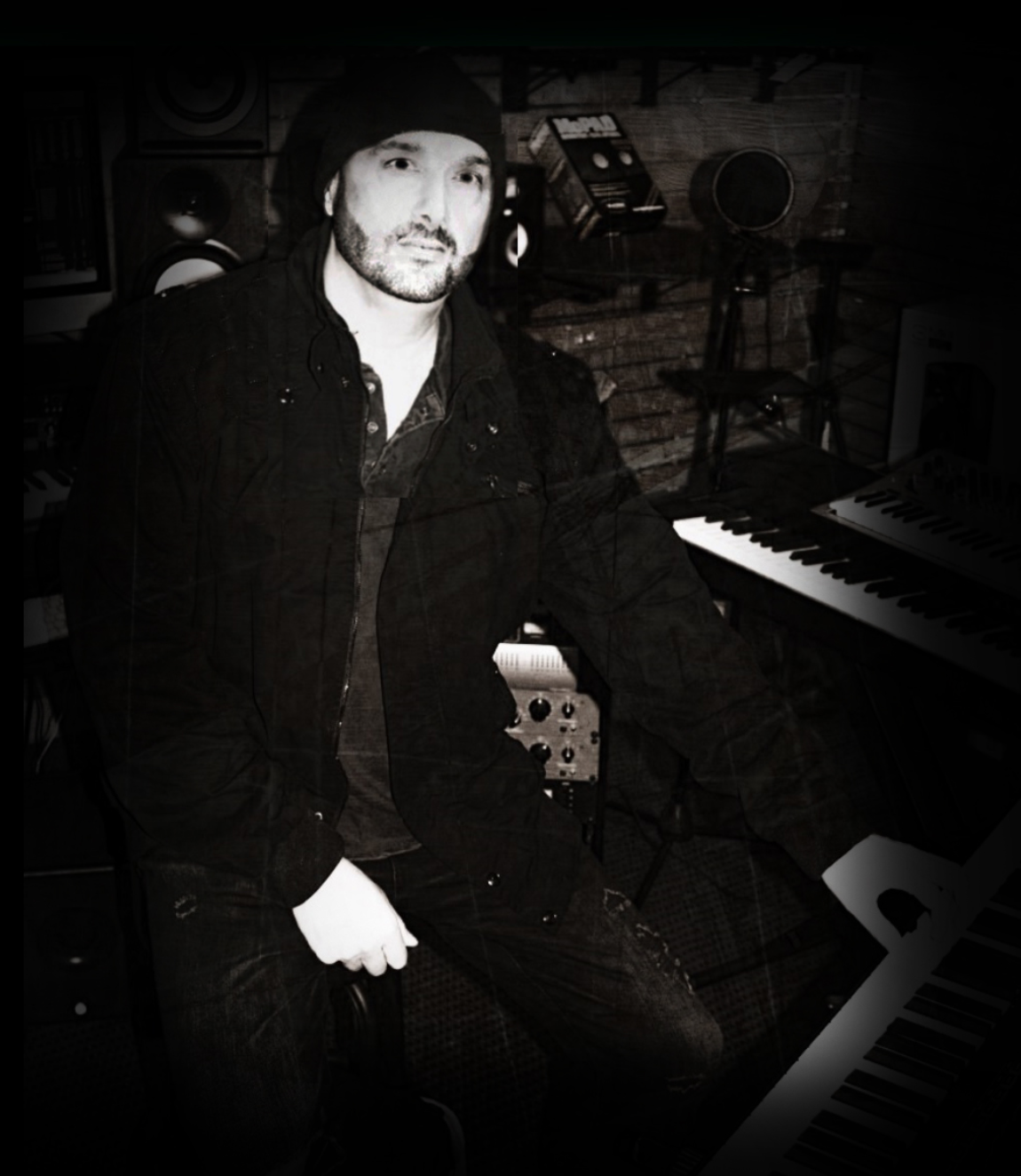Exploring the Role of Music in Fostering Interpersonal Relationships and Community Bonds

The Transformative Power of Music in Social Dynamics
Across cultures and generations, music has been a fundamental part of human interaction. From community gatherings to personal celebrations, it serves as a universal language that connects people deeply. The intricate links between music and social cohesion are not only fascinating but also crucial for understanding human behavior and relationships.
Research shows that music plays a significant role in:
- Strengthening interpersonal relationships: Shared musical experiences create strong emotional bonds. For instance, couples who attend concerts or dance together often report feeling more connected. Activities ranging from jamming in a garage band to singing in a choir foster teamwork and intimacy, allowing participants to express themselves in ways that go beyond verbal communication.
- Building community identity: Local music scenes are vital in fostering unity and pride within neighborhoods. In cities like Austin, Texas, known as the “Live Music Capital of the World,” local artists and musicians play a key role in shaping the cultural identity. Events such as South by Southwest (SXSW) highlight not only music but also the collective spirit and identity of the community.
- Aiding communication: Music can express feelings and messages that words often fail to convey. Think about national anthems during sporting events—they unify listeners under a shared sense of identity and community. Similarly, protest songs have historically energized movements, bringing attention to social issues and creating solidarity among participants.
Moreover, engaging in musical activities—whether through singing, dancing, or participating in bands—encourages collaboration and teamwork. The richness of these experiences goes beyond entertainment; they lead to lasting friendships and a profound sense of belonging. In environments like schools and community centers, music programs create safe spaces fostering inclusivity and encouragement among individuals who may feel marginalized.
In the United States, a culturally rich tapestry of diverse genres and traditions showcases music’s role in connecting individuals. From the gritty jazz clubs of New Orleans that echo with the sounds of Louis Armstrong to the honky-tonks of Nashville that celebrate country legends, each setting illustrates how music can shape and enhance relationships. Festivals, such as Coachella and Lollapalooza, bring people together from all walks of life, resulting in shared experiences that promote camaraderie.
Ultimately, exploring the relationship between music and social dynamics invites a deeper understanding of how music not only entertains but also molds the social fabric of our lives. Discovering these connections can inspire us to incorporate more music into our daily routines, enriching our relationships and communities in profound ways. Whether it’s a casual sing-along in the living room or a local band performance, every engagement has the potential to create lasting memories and strengthen social ties.
DISCOVER MORE: Click here to delve into the art of molecular gastronomy
Music as a Catalyst for Connection
In every corner of the globe, music is not merely an art form but a powerful tool for connection. Its ability to bridge gaps and foster relationships is evident in countless social settings. Whether it’s a spontaneous sing-along at a family gathering or a dance floor teeming with strangers united by rhythm, the shared experience of music has an unparalleled ability to bring people together. This shared engagement not only nurtures interpersonal relationships but also reinforces a sense of community belonging.
One of the most compelling aspects of music is its role in creating a shared identity. Music has an inherent ability to articulate emotions that transcend the limitations of spoken language. Consider the collective experience of attending a live concert; the sheer energy of the audience swaying in unison, voices raised in harmony, and the palpable excitement in the air cultivates a unique bond among individuals. These moments become shared memories that enrich relationships, fostering lasting connections.
Moreover, local music events often highlight the cultural diversity within communities, acting as a unifying force. From small town fairs to large-scale music festivals, these gatherings create spaces where individuals can celebrate their heritage while also embracing the differences that each culture brings. For instance, the annual Newport Jazz Festival in Rhode Island not only honors the legacy of jazz but also brings together musicians and audiences from all walks of life, fostering dialogue and connection through the universal language of music.
The social benefits of music extend beyond large gatherings and festivals. Community music programs and workshops often serve to enhance interpersonal skills and social cohesion. When participants collaborate in creating music, whether through instruments or vocal performances, they engage in a form of teamwork that promotes trust and understanding. These interactions are crucial for individuals seeking connection, especially for those in marginalized communities. Music programs within schools, such as band or choir, have been shown to promote resilience and cooperation among students, paving the way for friendships that can last a lifetime.
Furthermore, has been documented that participation in music-making impacts emotional well-being positively. Studies indicate that engaging in musical activities can reduce feelings of loneliness and isolation, particularly among older adults. For example, research published in the Journal of Community Psychology highlights how group music-making can decrease depression and increase social engagement among seniors living in retirement communities. The act of creating music together instills a sense of purpose and belonging that is invaluable, demonstrating how music can be a cornerstone in building supportive relationships and community bonds.
In summary, the various ways in which music fosters interpersonal relationships and strengthens community bonds present a fascinating landscape ripe for exploration. Engaging in musical activities—both in formal settings and informal gatherings—can unlock a profound depth of social interaction. In recognizing the potential of music to connect individuals, we can actively seek out ways to integrate this art form into our everyday lives, not only enhancing our relationships but also contributing to a more connected and cohesive society.
Exploring the Role of Music in Fostering Interpersonal Relationships and Community Bonds
Music has always served as a powerful medium for connection and expression. It transcends language barriers, allowing individuals from diverse backgrounds to communicate and bond through shared musical experiences. The universality of music creates a unique platform for fostering interpersonal relationships, enabling people to connect on a deeper emotional level. Research indicates that participating in musical activities, such as choirs or community bands, enhances feelings of belonging and promotes social cohesion.
The influence of music on community bonds is particularly evident in cultural festivals, concerts, and local gatherings. These events not only provide entertainment but also strengthen community ties by bringing people together in a shared experience. The emotional upliftment associated with music can help create lasting memories and friendships, reinforcing social networks. Furthermore, community music initiatives have shown immense potential in addressing social issues, such as isolation and disenfranchisement, by integrating populations that may otherwise feel marginalized.
As we delve deeper into the topic, it’s essential to consider how music education plays a critical role in this dynamic. By introducing children and young adults to musical training, we equip them not only with the skills to create and appreciate music but also to develop essential social skills such as teamwork, empathy, and communication. The impact of collaborative musical projects fosters an environment where mutual respect and understanding can flourish, thereby enhancing interpersonal relationships.
| Advantages | Description |
|---|---|
| Enhanced Emotional Bonding | Music encourages shared emotional experiences that strengthen relationships. |
| Cultural Identity | Community music fosters a sense of belonging through shared cultural interactions. |
| Social Inclusion | Involvement in music breaks down social barriers, integrating diverse groups. |
Exploring these factors reveals the multifaceted role music plays in both the microcosm of personal relationships and the macro framework of community dynamics. By participating actively in musical contexts, individuals can cultivate environments where cooperation, creativity, and inclusion become the norm.
DISCOVER MORE: Click here to learn how music lessons can help your child
The Therapeutic Power of Music in Relationships
Beyond its role in creating shared experiences, music possesses a therapeutic quality that can enhance interpersonal relationships. The science behind this phenomenon suggests that music stimulates the release of various neurotransmitters, such as dopamine and oxytocin, which are crucial in bonding and emotional connection. This biological response is particularly significant when music is integrated into communal activities; from lively family gatherings to therapy sessions, the act of making music together strengthens emotional ties and affirmatively impacts mental health.
Case studies reveal the impact of music therapy in settings like hospices, rehabilitation centers, and schools. For example, the American Music Therapy Association cites numerous instances where therapeutic interventions using music have resulted in improved emotional expression and social interaction among participants. Programs tailored for individuals with autism often utilize music as a medium to facilitate communication and social skills, demonstrating its potency in bridging communication gaps where traditional methods may falter.
Moreover, music can act as a tool for conflict resolution. In diverse communities, discord can arise due to cultural misunderstandings or disagreements. Community-driven music initiatives, such as drum circles or collaborative songwriting workshops, have been utilized as platforms for dialogue and reconciliation. Recognizing shared rhythms and melodies creates a subtle yet significant foundation for understanding and empathy. For instance, initiatives like the Bridge Builders program in Nashville, Tennessee, have effectively used music to unite youth from different backgrounds, teaching them to embrace their differences through shared artistic expression.
Community Music as a Vehicle for Social Change
The role of music extends into social activism, where it has been a driving force in movements seeking to address issues of inequality, injustice, and community building. From protest songs of the civil rights era to contemporary anthems advocating for climate change, music embodies the collective voice of a community striving for change. This communal effort not only cultivates solidarity but also fosters intrinsic relationships grounded in a shared purpose and vision for a better future.
Events such as Music for Black Lives initiatives have highlighted how music can consolidate voices against systemic injustices. These events create a unique platform where individuals are prompted to connect through shared passions, enabling them to bond over mutual interests and goals. The emotional catharsis provided by such musical gatherings can leave a substantial imprint on the fabric of community relations, as they foster a sense of shared responsibility and togetherness in confronting societal issues.
Furthermore, the digital landscape has expanded the reach and impact of music in forming connections. With the advent of social media platforms and streaming services, music has transcended geographical boundaries, allowing fans from various backgrounds to create online communities. Platforms like TikTok or YouTube have empowered individuals to collaborate musically while engaging a global audience in real-time. This interaction cultivates a modern form of community support, enabling friendships and collaborative projects that might not exist in traditional settings.
In the digital age, music can function as a bridge, leading to the discovery of new friendships and alliances, ultimately solidifying a sense of belonging amidst a historically fragmented society. As more communities embrace music for its inherent ability to connect, inspire, and heal, we can expect a continual evolution of its role in fostering interpersonal relationships and building resilient communities.
DISCOVER MORE: Click here for innovative craft techniques
Conclusion: The Harmonious Impact of Music on Relationships and Community
In conclusion, the exploration of music as a powerful catalyst for fostering interpersonal relationships and strengthening community bonds reveals its multifaceted role in our lives. The therapeutic qualities of music, as demonstrated through various studies and applications, highlight its ability to enhance emotional connections and facilitate communication among individuals from diverse backgrounds. As evidenced by initiatives such as music therapy programs and community-driven projects, music can bridge gaps where traditional communication methods often struggle.
Furthermore, the influence of music on social change cannot be understated. As a vehicle for activism and expression, music has the profound capacity to unite individuals around shared goals, fostering a sense of solidarity and shared responsibility. From grassroots movements to digital platforms, music encourages collaboration and connection among individuals, enabling them to challenge societal injustices and celebrate their diversity.
The digital age has further expanded music’s reach, allowing people to form communities beyond geographical limitations. The ability to connect through platforms like TikTok and YouTube has created rich opportunities for creative collaboration and mutual support, reinforcing the message that we are inherently social beings drawn together by shared experiences and emotions.
As society continues to navigate challenges and cultivate connections, music remains an essential thread weaving through the fabric of our interpersonal relationships. Embracing its potential can guide us toward a more empathetic and unified world, highlighting the transformative power of music to inspire, heal, and uplift. Thus, the ongoing exploration of music’s role in shaping community bonds and personal relationships will continue to yield valuable insights into our shared human experience.


